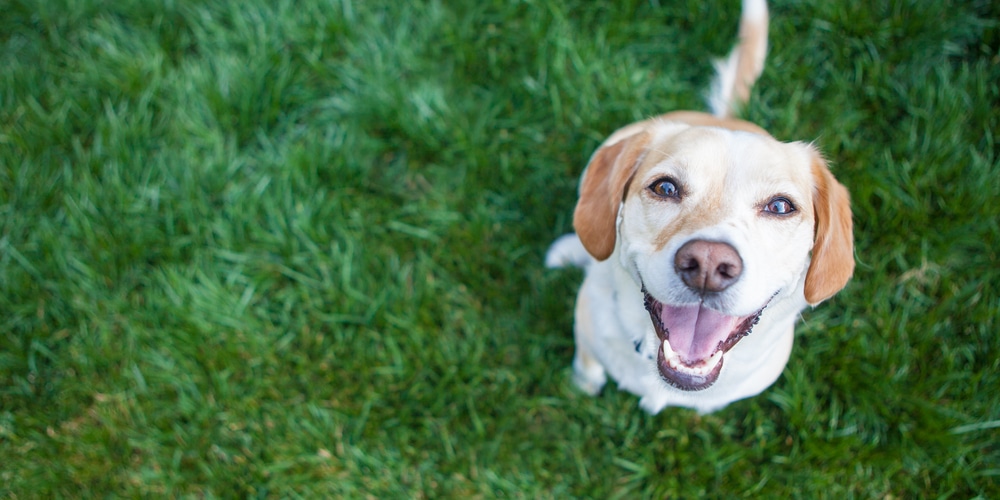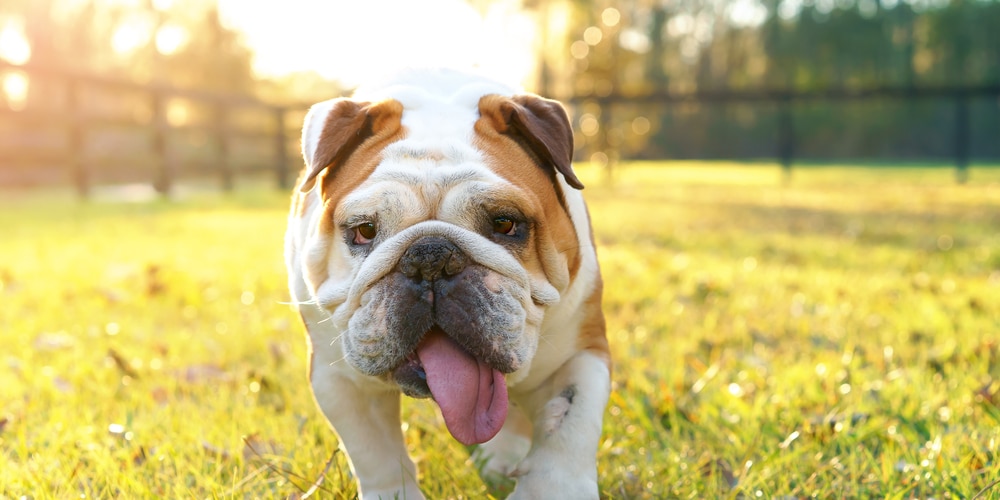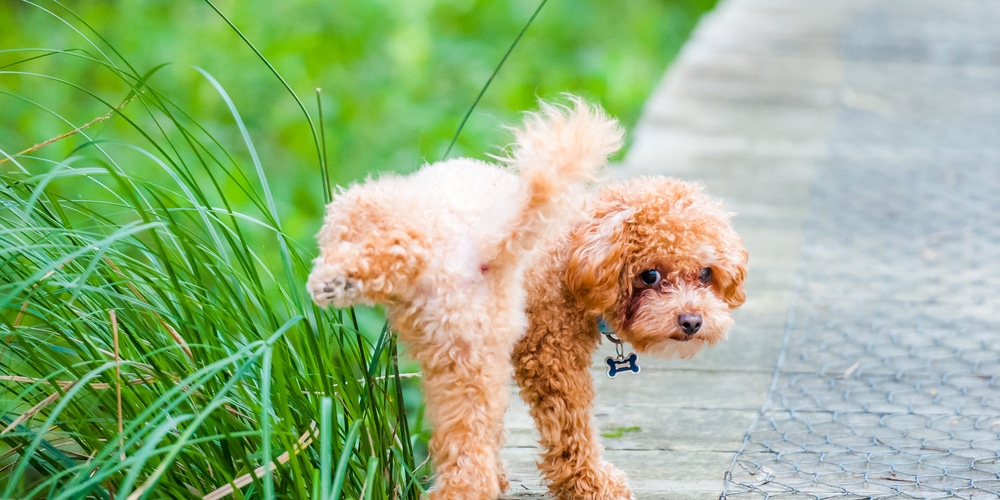There’s no doubt that pesticides play an essential role in modern agriculture, but their use is not without controversy. Some people are concerned about the potential health risks of pesticides, especially for children and pets.
So, should you worry if your dog walks on grass treated with pesticides? Let’s take a look at the evidence.
How Pesticides Affect Dogs
Most people are aware of the harmful effects that pesticides can have on the environment. However, fewer people realize that these chemicals can also be toxic to their four-legged friends.
Dogs are exposed to pesticides in various ways, including walking on treated grass, eating contaminated food, and coming into contact with contaminated water. While the long-term effects of pesticide exposure are not fully understood, it `12is known that these chemicals can cause a variety of health problems in dogs, including skin irritations, gastrointestinal distress, and even cancer.
In addition, pesticides can also accumulate in a dog’s fur, which can be transferred to humans through contact.
As a result, it is essential to minimize your dog’s exposure to pesticides. When using pesticides in your yard or garden, keep your dog away from the area until the chemicals have had time to dry.
And when choosing pet food, look for certified organic products or made with natural ingredients. Taking these simple precautions can help keep your furry friend healthy and safe.
What You Can Do to Reduce the Risk
There are several things you can do to reduce the risk of your dog being exposed to pesticides:
- Avoid using pesticides on your lawn or garden if possible. If you must use them, follow the directions carefully and keep your dog away from the area until the pesticide has dried or been absorbed into the soil.
- Pick up after your dog when you’re out walking. This will help prevent them from coming into contact with any pesticides that may have been used on the grass.
- Wash your dog’s feet and legs after they’ve been out walking. This will remove any pesticide residue that they may have picked up.
- Talk to your veterinarian about using a pet-safe insect repellent on your dog. This can help to keep pests away and reduce the need for pesticides.
What You Can Do If Your Dog Has Been Exposed To Pesticides On Grass
If your dog has been exposed to pesticides on grass, you can do a few things to help them. First, try to remove the pesticide from their fur as soon as possible.
Bathe them with mild soap and rinse thoroughly if they are dirty. You may also want to contact your veterinarian for further guidance.
They may recommend giving your dog an over-the-counter antihistamine or prescribing more potent medication. Your dog may need to be hospitalized for observation and treatment in severe cases.
To prevent this from happening in the first place, make sure to keep your dog away from areas that have been treated with pesticides or other chemicals such as scots turf builder.
If you suspect that your dog has been exposed, contact a veterinarian immediately. With prompt treatment, most dogs recover quickly and without complications.
Related Article: Can Dogs Dig up Artificial Turf?


